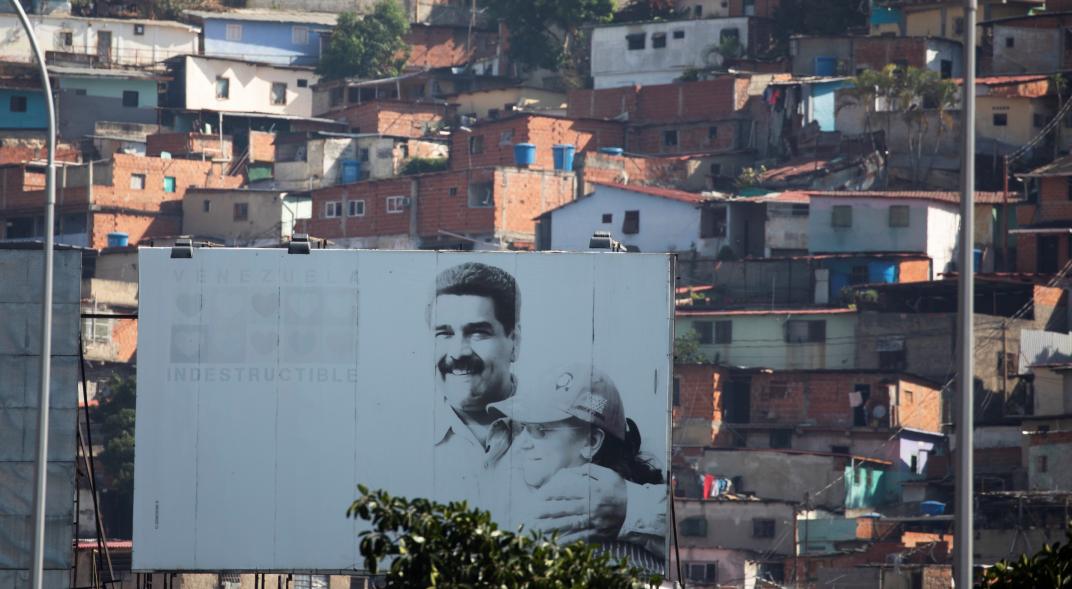The Venezuelan NGO Dale Letra stressed the need to reach “institutional agreements” to recover the country’s assets and respond to citizens who demand improvements in their human rights.
“The agreements, a clamor of the Venezuelan people, are essential both for the defense of the country’s territory and assets and to respond to citizens in terms of fundamental rights: adequate wages, social security, healthcare, education, food, public services, or the right to elect and be elected, among others,” wrote the NGO on Twitter.
The organization referred to the dispute with Guyana over the 62,000 square miles of contested territory west of the Essequibo River and the US “protection” measures over CITGO, the US subsidiary of the Venezuelan State-owned oil company PDVSA, on which the US Treasury decided not to take “coercive measures” to block the auction of the company’s shares, and assured that settling the issue will depend on the reach of agreements.
“The recovery of the Esequibo and Citgo will only be possible if institutional agreements are reached to defend the territory and assets of the Nation. The agreements, a clamor of the Venezuelan people, are essential both for the defense of the territory and heritage and to provide answers to people’s demands, ” the organization explained.
The institutional recovery of Venezuela
For Dale Letra, the “institutional recovery” of the country requires “political responsibility from those who exercise power, in the first place, those who aspire to it, and every Venezuelan citizen.”
In this sense, the NGO insisted that the decisions of political and social actors are “determining” to define the direction of the nation, for which its members urged leaders to reflect on their actions.
On April 25, a meeting convened by President Gustavo Petro was held in Bogotá, with the aim of unblocking the dialogue process between the Venezuelan government and the opposition, suspended since November 2022.
The 18 participating countries agreed on the need to establish a roadmap for free elections and a progressive lifting of the sanctions that weigh on Venezuela.
Translated by José Rafael Medina




